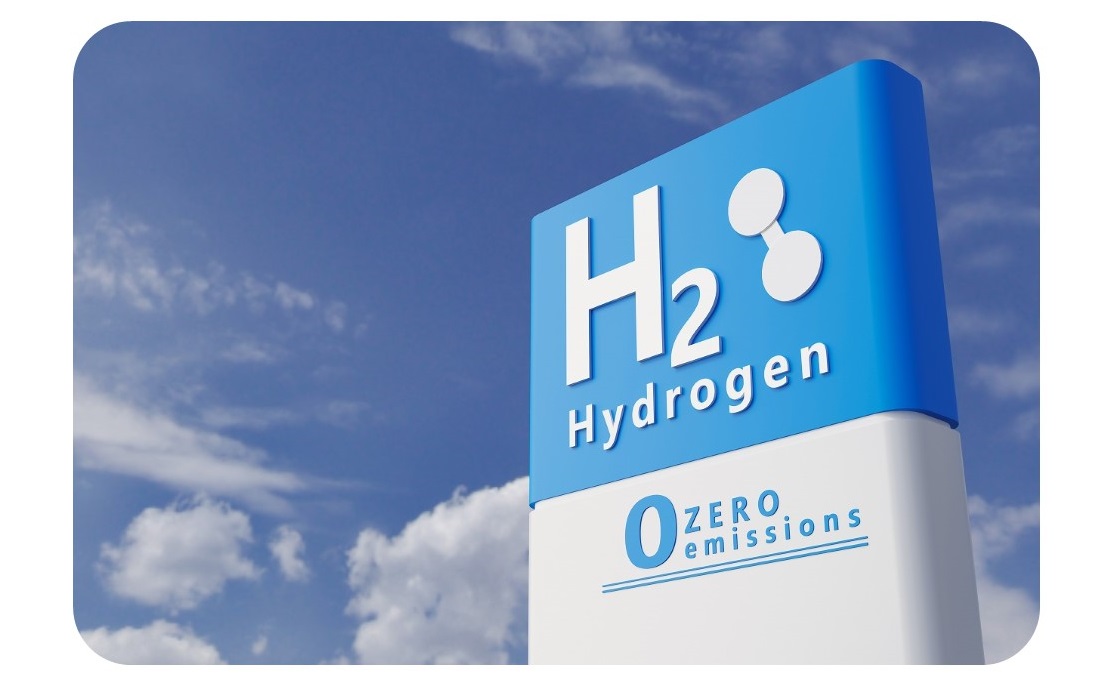 Green hydrogen produced from renewable energy is a crucial energy source in achieving carbon neutrality in Japan. Identifying what kind of hydrogen to use, for what applications, and when, are major challenges Japan is facing. The Japanese government today relies too heavily on CCS and CCUS technologies which is the result of a misguided nation’s energy policy.
Green hydrogen produced from renewable energy is a crucial energy source in achieving carbon neutrality in Japan. Identifying what kind of hydrogen to use, for what applications, and when, are major challenges Japan is facing. The Japanese government today relies too heavily on CCS and CCUS technologies which is the result of a misguided nation’s energy policy.
On the other hand, implementing storage batteries and EVs is also essential for Japan's transition to a decarbonized society. There are various policy challenges that needs to be addressed to enable wider deployment. Renewable Energy Institute carries out research on such topics and makes recommendations to mitigate climate change.
Highlights
| Hydrogen, e-Methane |
|---|
| 20 July 2023 Position Paper Revised Basic Hydrogen Strategy Offers No Clear Path to Carbon Neutrality |
| 22 September 2022 Report Re-examining Japan’s Hydrogen Strategy: Moving Beyond the “Hydrogen Society” Fantasy |
| 25 December 2019 Translation into Japanese IRENA Report Hydrogen: A Renewable Energy Perspective |
| CCS・CCUS |
|---|
|
20 May 2022 Report |
| Batteries / EV |
|---|
|
23 January 2023 Report |






